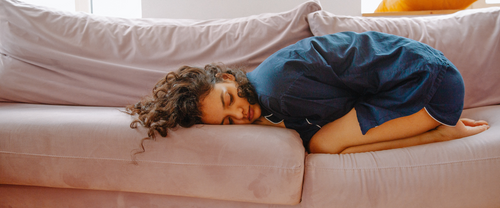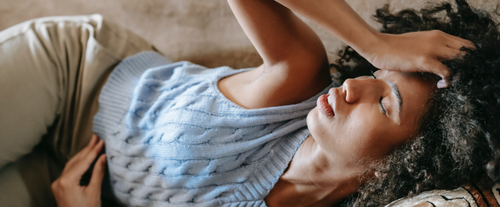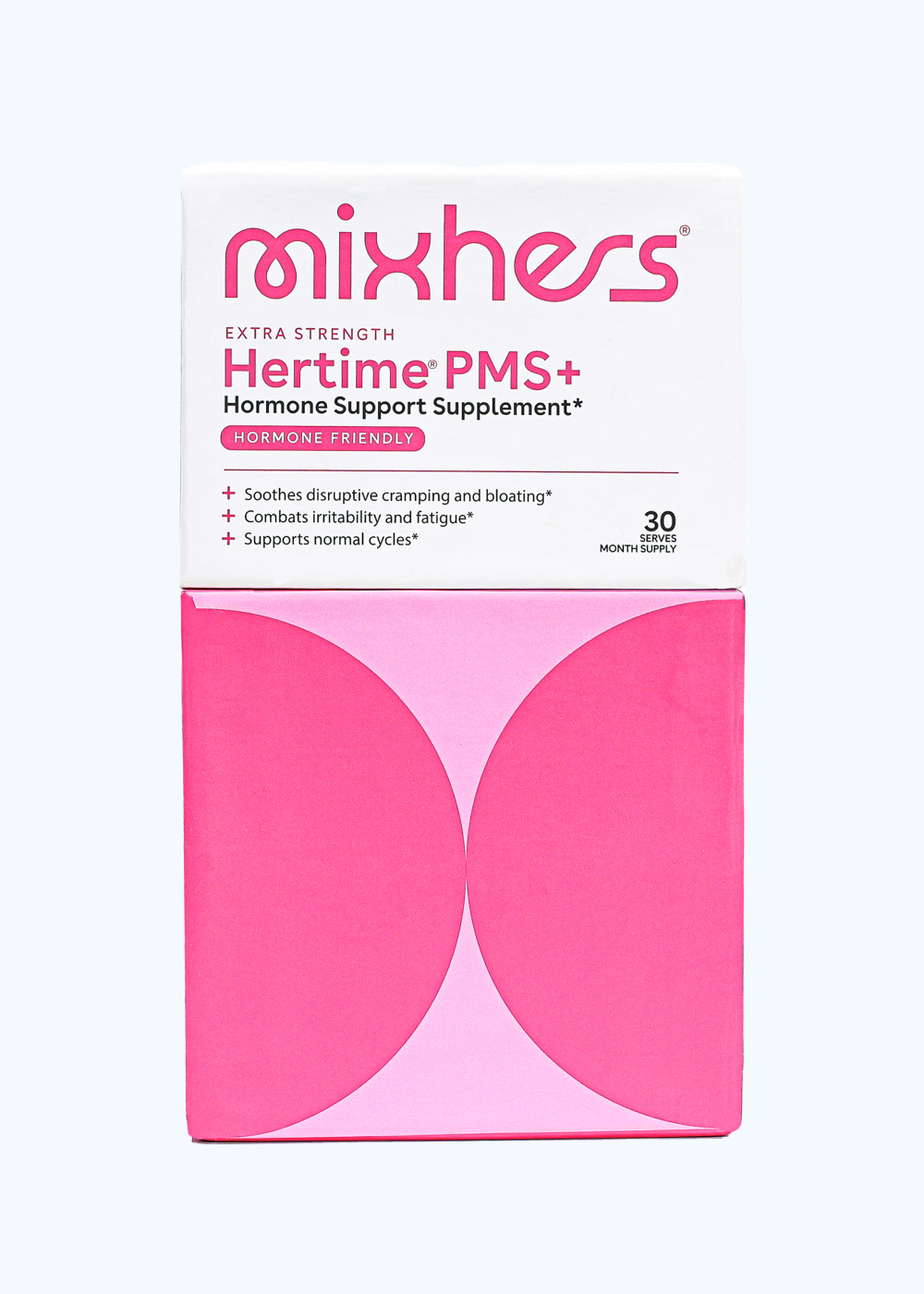Since there is a strong link between estrogen and migraines, it’s important to do things that will keep your estrogen hormone balanced if you want to avoid menstrually associated migraines. While hormone fluctuations are natural and unavoidable when you’re a woman of childbearing age or going through menopause, you can take steps to keep your hormone levels from becoming unbalanced.
If you experience frequent migraines before or during your period, you may want to talk to your doctor about oestrogen supplements. Some doctors may even recommend hormonal contraception to help minimize all of your unpleasant monthly symptoms (including menstrually related migraines).
Taking a birth control pill may help minimize hormonal fluctuations during your menstrual cycle. Combined hormonal contraceptives use both synthetic estrogen and progesterone to create undesirable conditions for the implantation of an egg. They also prevent ovulation. This means that if you are trying to conceive, it is obviously not a good idea to take oral contraceptives for your menstrual headache issues.
Some women also discover that taking hormonal birth control makes their menstrual attacks even worse and is not a good method for migraine prevention. If you would rather not take oral contraceptives to get rid of your menstrually related migraine pain, you could experience better results by taking magnesium starting on the 15th day of your menstrual cycle. Continue taking it until your period starts.
Additional hormonal migraine prevention tips include:
- Eating healthy foods
- Avoiding hunger (which can lead to headaches)
- Getting at least 7 hours of sleep every night
- Exercising daily (moderate exercise is associated with reduced migraine frequency and intensity)
- Meditating, doing yoga, and relaxing regularly to reduce stress
- Keeping your hormone levels in check (especially your estrogen levels)
Want to know another surprising menstrual headache prevention method? Get pregnant! Many women stop experiencing headaches during pregnancy. This may be because estrogen levels steadily rise during pregnancy until they reach their highest level during the third trimester. Since too little estrogen can trigger a true menstrual migraine, the steady rise of estrogen during pregnancy tends to do just the opposite.
Of course, we realize that not all women are willing to get impregnated just so they can avoid chronic migraine pain. So if you’re not ready to expand your family quite yet, read over these other things you can do to treat your menstrual migraines.












